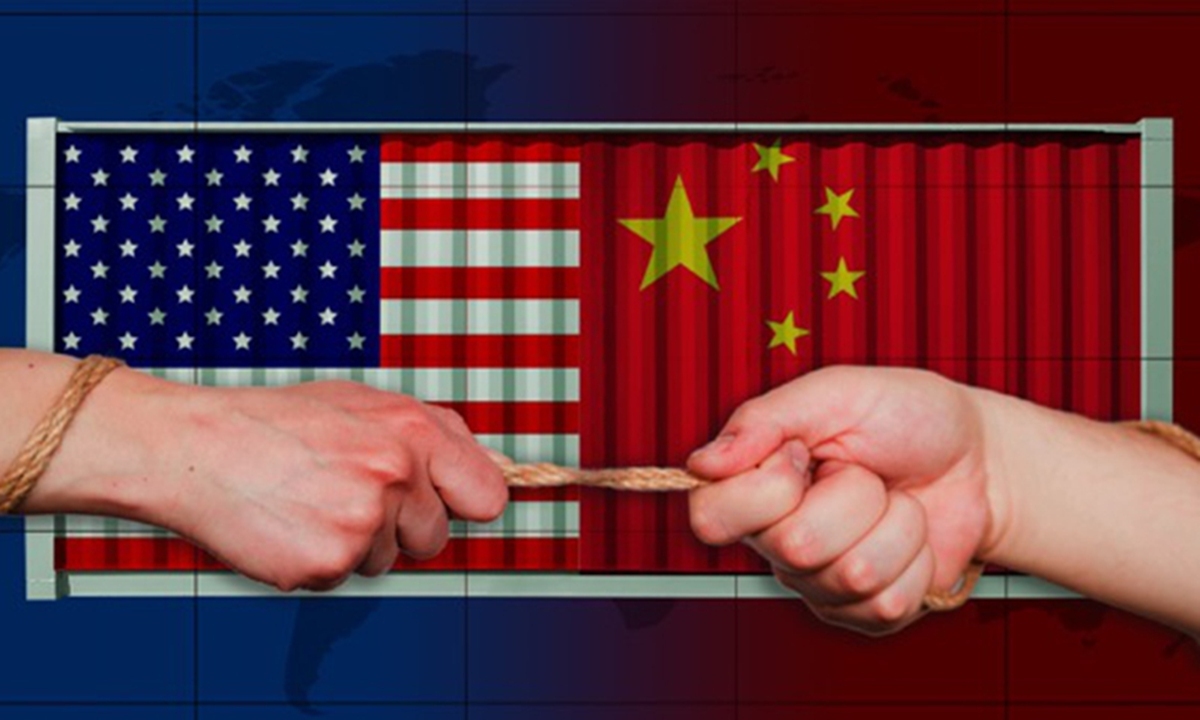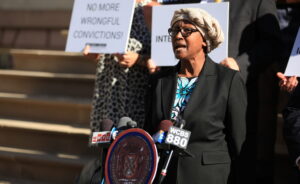
Washington D.C. – President Trump is scheduled to enact a series of tough policies in his final ten weeks. It appears the lame-duck president wants to solidify his legacy on China. Senior officials at the Trump administration confirm this last-minute crackdown. Is there an ulterior motive?
Enacting these policies will make it politically implausible for the Biden administration to improve the U.S.-China relationship. This move also complicates China’s issues related to India, Hong Kong, and Taiwan. To make matters worse, the pandemic will probably trigger another global wave of economic shutdowns.
National Intelligence Director John Ratcliffe is all set to make public statements against China’s iniquitous actions including human rights violations in Taiwan. More importantly, Trump officials plan to reprimand China on the world stage for allegedly threatening U.S. national security. Sanctions are planned for China’s human rights violations in Xinjiang and Hong Kong.
With the Trump administration coming to an end, how much of an effect will these actions actually have on U.S.-China relations? With ongoing turmoil in the United States, will Trump’s interference in China’s problems seem hypocritical?
What’s actually happening?
Trump administration officials are discussing expanding the Department of Defense (DOD) list of Chinese companies to include those with ties to the Chinese military. No investments in these companies can materialize. Last week, an executive order barred U.S. investment in 31 Chinese companies.
There is a geopolitical rivalry between the U.S. and China. The Trump administration looks at having National Intelligence continue to play a pivotal role. The current stand-offish China-U.S. relations are reminiscent of America’s stance with the former Soviet Union during the Cold War.
Biden Transition
The real problem is that Trump has saddled Biden with the challenges that come with a contested transition of power. With that, foreign policy is not among the top three things on Biden’s mind. However, many nations are pressing the U.S. to restore the norms that drifted apart under Trump’s regime.
Over the past four years, both countries have hit each other with trade tariffs. Both nations have restricted access to tech companies and diplomats. Consulates shut down while the two nuclear powers squared off militarily in the South China Sea.
Will President-elect Biden embrace Trump’s punitive policies towards China or move to reset relations between Washington and Beijing? China waits with a high degree of uncertainty over the outcome of the domestic squabble over America’s election results.

Relationship with China — History of the Breakdown
During the Obama administration, the relationship with China was highly scrutinized because of its position as the world’s second-largest economy. Unlike in 2020, in 2017 China refrained from confrontation. Rather, the Chinese government focused on economic and military diplomacy. Gradually, territorial disputes between China and surrounding nations built up in the South China Sea. Additionally, an era of cyber-espionage began.
Amazingly, both the Obama and Trump administrations have been on the same page regarding China’s claim on the South China Sea. It was during the Obama-Biden administration that the Chinese government began to construct military artificial islands in the vast waterway.
Military Artificial Islands
Military artificial islands are military facilities at the Paracels, a group of islands east of Vietnam, administered by China. The U.S. then began freedom of navigation operations in the region, sailing American naval vessels close to the islands built by China. Additionally, Trump stepped up operations while publicly declaring, “most” of China’s claims to the sea as illegal.
But despite Trump’s allegations of Biden’s allegiance to China, evidence indicates otherwise. Biden may see China as a threat rather than as an ally. It’s yet to be seen if Biden’s relationship with China will continue along a severe Trumpian path. Or, will the president-elect strike a more nuanced chord that mixes a hard line with a toned-down approach?
Beijing and China’s Phase One trade deal executed in January 2020 now appears to be a failure. There are many conflicts especially over China’s subsidies for state-owned companies on the global market.
Biden’s recent remarks suggest that he intends to take action against China over its economic policy. In an interview with NPR in August, Biden suggested that tariffs are bad for the United States. As president, Biden may force China into liberalizing its economy.
Recently, Biden has shown concerns about the popular Chinese-owned app TikTok. The app has become a favorite target of the Trump administration. Biden said, “I think that it’s a matter of genuine concern that TikTok, a Chinese operation, has access to over 100 million young people particularly in the United States of America.”
The Taiwan Dispute
Another major conflict that might flare-up between the Biden administration and China could be Taiwan. Joe Biden, at all times, has been in favor of Taiwan as a democracy. Earlier in 2020, Biden referred to the Chinese President Xi Jinping as a “thug,” while asking China to play by the rules.
The question is will Joe Biden and the Democrats hold their ground over security concerns involving China? Will Biden embrace Trump’s policies on China?
Thumbnail Credit: Global Times (images may be subject to copyright)
Afia is a lawyer, journalist, an avid traveler, an avid reader, a foodie, and an amateur singer. She enjoys instrumental music with her glass of wine ?



